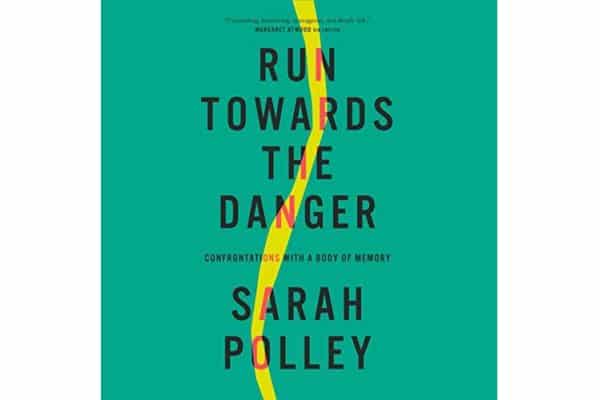Dr. Collins is a concussion expert who has a specific approach to concussion recovery. His six types of concussions are based on concussion symptoms.
Dr. Collins Six Types of Concussion
Dr. Collins says that there are six different types of concussion, based on six symptoms. These symptoms interact, you can think of them like six interlocking circles.
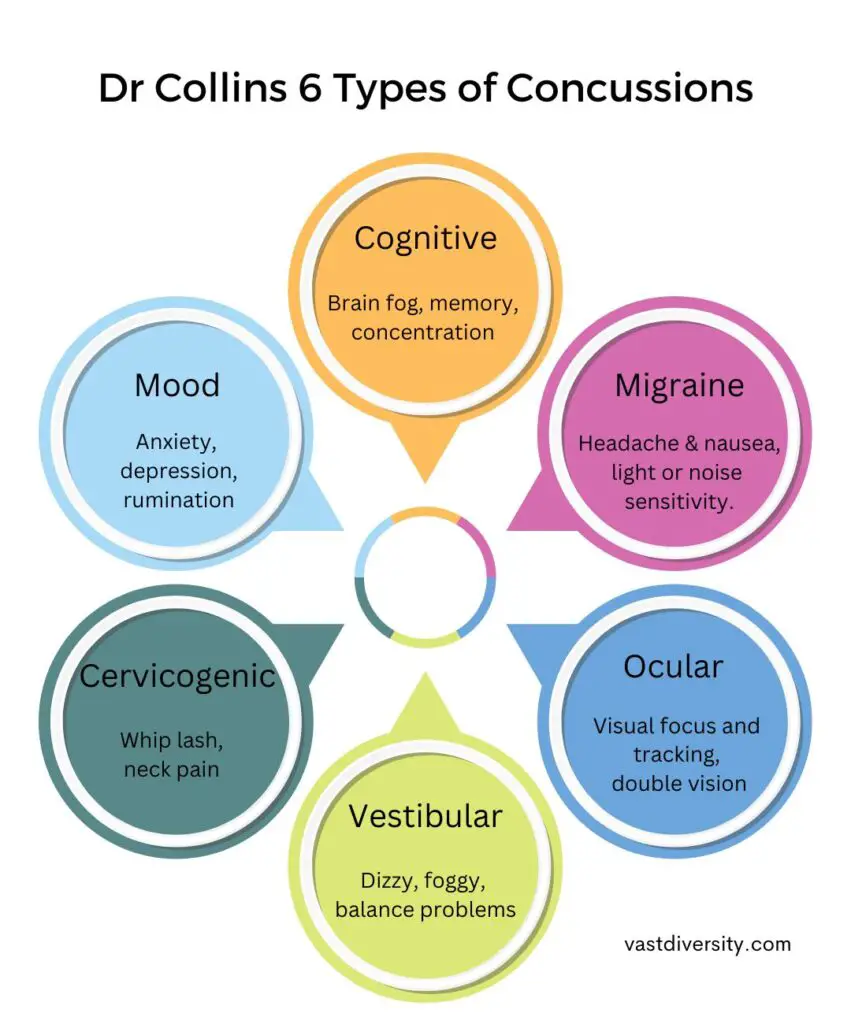
So you can have one of these problems, or you can have up to all six of them.
Dr. Collins Approach to Concussion Treatment
The usual concussion treatment follows a protocol. Dr. Collins finds this frustrating because he looks at concussion recovery as a process, not a protocol.
Dr. Collins feels that a treatment based on a common protocol is not effective. Every concussion case is different, and management should be tailored to each case.
He has come up with six types of concussions based on common concussion symptoms.

Concussion Type 1: Cognitive
Cognitive means thinking. A concussion is a brain injury which affects the way a person thinks.

Memory, attention, and concentration are affected. Also people feel cognitive fatigue where they are mentally exhausted by the end of the day.
Sarah Polley describes her experience with a concussion and being exhausted by mental decisions in her book Run From The Danger.
Concussion Type 2: Vestibular
Concussions cause a problem to vestibular system in the brain. This part of the brain helps us to understand where we are in space.
The vestibular system allows us to stabilize our vision, and as we move our head, it allows us to interpret motion.
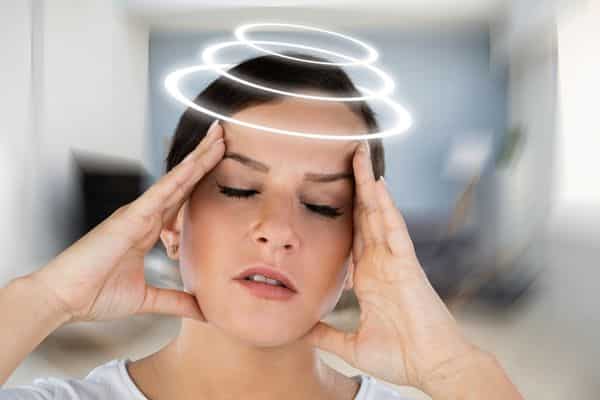
With vestibular symptoms you will feel dizzy, foggy, slow, and like your body is not moving properly.
You will have trouble with sensory integration, so being in a shopping center, busy restaurant or in a car may bother you. So the tendency is to avoid situations that produce symptoms.
Immediately after a vestibular concussion there should be a period of rest and to avoid further activity. But this period of rest should only occur for a short amount of time according to Dr. Collins.
The needed treatment for a vestibular problem is to train it, which he says is difficult. He says that because the vestibular system is linked in with the nervous system, people feel anxious when they do the rehab.

His clinic’s treatment involves dynamic movements, in particular those involving the head and eyes.

Concussion Type 3: Ocular
Ocular means eyes, the visual system. The visual system in the brain is very complex, eyes have to work together, but then there are multiple parts of the brain that interpret what we see.
It is the most complex neurological system, with 60 to 70% of the cells in our brain devoted to eye movement!

So any energy problem in the brain will affect the visual system. This could mean having a hard time having the eyes move together, to follow a target, converge, diverge, accommodate. All sorts of things the eyes do so we see and process visual information properly.
His team created an exam called the vestibular ocular motor screening exam, so that they can determine problems through a physical exam.
There are various types of visual therapy exercises that can help with visual issues resulting from concussion.
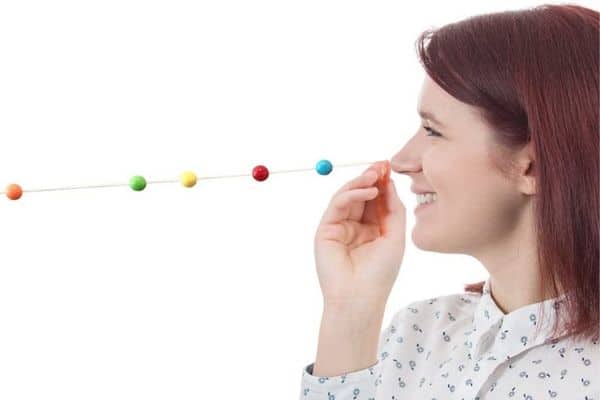
Concussion Type 4: Migraine
Migraine is a headache with nausea and or light or noise sensitivity, and a common symptom with concussion.

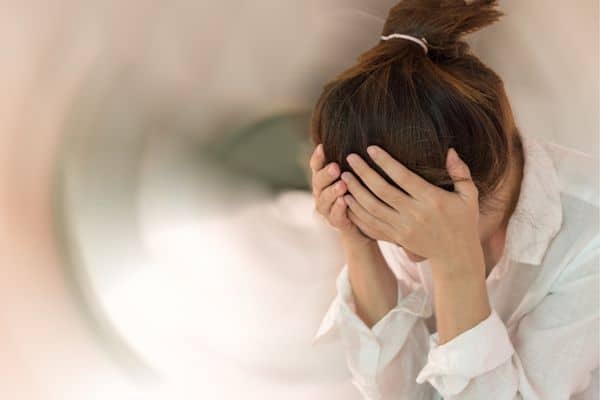
Dr. Collins believes that concussion migraines are due to limiting activities because of other concussion symptoms and stress building up in the body which causes the migraine headaches.
He feels that there are five factors that contribute to having a migraine with concussion.
- taking naps and having an inconsistent sleep schedule,
- lack of exercise
- irregular meal schedule
- poor hydration
- stress that is internalized
Treating the migraines involves dealing with these issues as well as a dynamic exercise program. Exercise is a big part of Dr. Collins concussion treatment program and this helps migraine symptoms.
Concussion Type 5: Cervicogenic
Cervicogenic means neck problems that can be seen from whiplash and head trauma. This type is seen in conjunction with other types of concussion.

Anxiety and stress from a concussion can cause tight neck muscles as well.
Concussion Type 6: Mood
Mood issues with concussion are anxiety, difficulty turning off thoughts and ruminating, depression and panic.

With a dysregulated brain, you will have dysregulated emotions. If your life is altered by concussion symptoms, it makes sense you would have changes in your mood.

Six Types of Concussion Interract
Dr. Collins thinks of the six types of concussion as six interlocking circles. You might just have one type, but you more likely have several.

A concussion might start with one of these circles. Without proper treatment, it can spread to the other six circles pretty quickly.
He says there’s a lot of sort of biology between these circles, for example, the same pathways in the brain for the vestibular system, also serve the sympathetic nervous system.

So if you have a problem with the vestibular system you get anxious, your thoughts go faster, your heart rate increases, you feel an unpleasant arousal sensation.
With anxiety you are more likely to have migraine. If you have ocular motor issues you are going to have cognitive issues.
If you have anxiety you’ll have cognitive issues, and anxiety can cause neck issues.
Concussion Treatment
Sarah Polley’s book ‘Run Towards the Danger’ has a great first person account of what it is like to live with a concussion and she describes her concussion recovery after following Dr. Collins advice.
Her program was specifically tailored to her symptoms after being assessed through a battery of tests at Dr. Collins clinic. You should always seek personalized medical attention for your own condition.
Here are some of the steps she followed to concussion recovery:
- Run Towards the Danger – Do what make your symptoms worse, rather than avoid
- Do dynamic exercises or a fast walk when symptoms worsen
- Don’t monitor symptoms, monitor recovery
- A daily exercise regimen that was tailored to her symptoms
- physical exercises: squats, weights, planks etc.
- vestibular therapy exercises
- visual therapy exercises
- Slowly increase computer time
- Start working again
- Socialize
- Do errands
- Stay hydrated
- Eat well
- Prioritize sleep

References
- The Professional Athlete Podcast: Dr. Michael Collins – The Truth About Concussions and Recovery
- Review of Vestibular and Oculomotor Screening and Concussion Rehabilitation
- Concussion Guidelines Step 2: Evidence for Subtype Classification
- Sarah Polley – Run Towards the Danger: Confrontations with a Body of Memory

